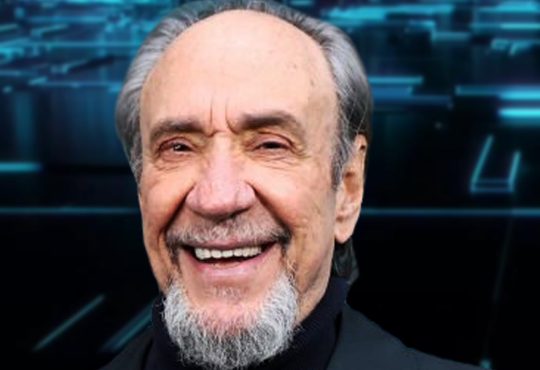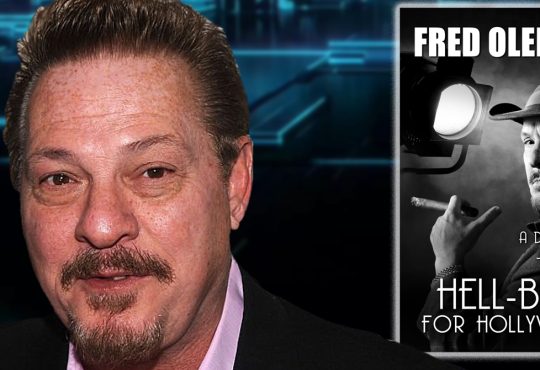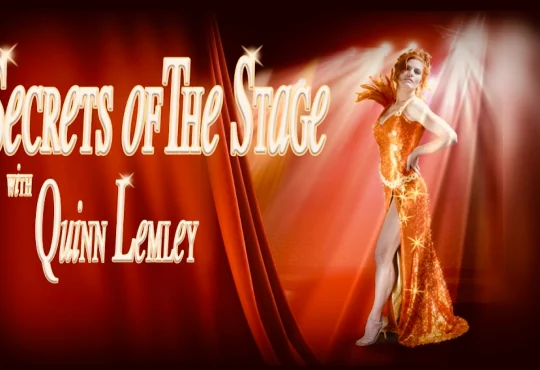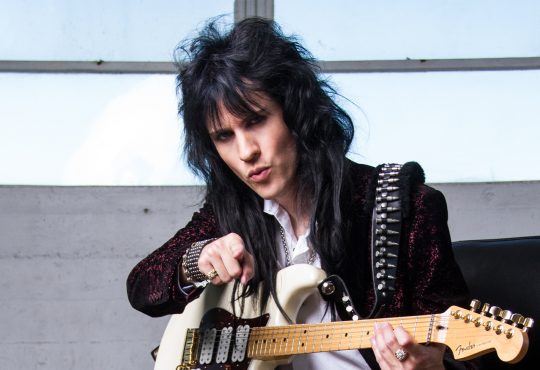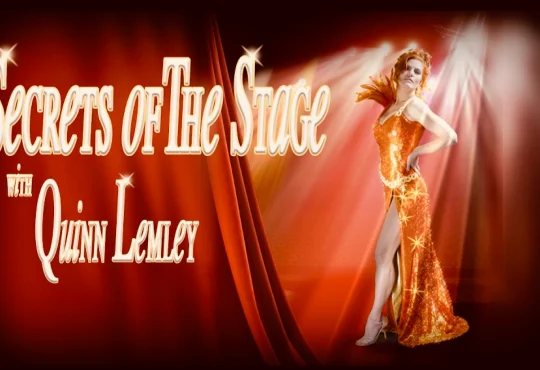‘Jupiter’s Legacy’: The Never-ending Story of Imitation Superheroes
In the opening scene of Netflix’s new superhero drama Jupiter’s Legacy, three kids run around a backyard playing superhero — a familiar moment given a twist when we see that one of them has actual superpowers. Then the subject of their role-play, the iconic Utopian (Josh Duhamel), who happens to be their dad, flies down to scold his daughter Chloe for taking things too far.
“We have these powers for a reason,” he lectures. “And with great power comes—”
“Great responsibility,” Chloe interjects.
“No,” he says, thrown, before admitting, “Well, yeah.” He then goes on to explain the importance of caring about others, and the dangers of using your powers to hurt people, even bad guys. But it’s unclear whether the lesson has sunk in for young Chloe, who seems more interested in her father’s suggestion that they get ice cream.
This scene makes two things about Jupiter’s Legacy plain. The first is that it will unapologetically riff on, borrow from, and outright quote from the most famous comic-book characters of our reality. (Utopian himself is transparently the Superman of this world, just as his wife Lady Liberty, played by Leslie Bibb, is its Wonder Woman, and of course the “with great power” line comes from Spider-Man’s Uncle Ben.) This is unsurprising, since it’s based on a comic book created by Mark Millar, whose most famous works, such as The Authority and Wanted, often feature stand-ins for DC and/or Marvel heroes and villains. (Not that Millar’s alone in this kind of pastiche, which has been happening for decades as comic-book fans grow up into comic-book writers themselves.)
The second is that, as with Utopian’s rambling, interrupted speech to his kids, this TV version of Jupiter’s Legacy isn’t quite sure what it wants to say, or how to get its intended audience to care. It is a stultifying mess of a show on pretty much every level. It’s meant to be viewed with utmost seriousness, yet it feels like a parody where someone forgot to insert the jokes.
The adaptation is by Steven DeKnight, who has plenty of experience with superhero shows like Smallville and Daredevil, as well as superhero-adjacent ones like Angel. (Though he’s perhaps best known for his work on Starz’s Spartacus shows, and for writing and directing the Pacific Rim sequel.) DeKnight is juggling several ideas here, and not gracefully.
The story starts off as a generational saga not too different from other recent sons-of-Superman shows, such as the CW’s Superman and Lois and Amazon’s Invincible (which had a solid first season). We pick back up years after that opening scene, and Chloe’s brother Brandon (Andrew Horton) is now an adult trying to follow in their parents’ footsteps, wearing a bright costume and the moniker Paragon, but doing a poor job of things. Brandon’s desperation to prove himself and silence his father’s doubts seems at first like the show’s central conflict, but then DeKnight and company lose interest in him altogether, as he appears only intermittently in later episodes. There’s a bit more focus on Chloe (played as an adult by Elena Kampouris), who has bitterly given up on the family business to become a model. But even her story keeps having its momentum derailed by regular flashbacks to the pulpy Depression-era origin story of Utopian, Lady Liberty, and the rest of the Union, this world’s ersatz Justice League. And those rewinds crawl along at a snail’s pace, even though there are only eight episodes, with two of them running just 35 minutes long(*).
(*) There’s also the matter of Duhamel, Bibb, and several co-stars being the wrong age for both eras of the show. Duhamel looks much too old to play naive young steel-industry scion Sheldon Sampson in the flashbacks. And even though his powers have obviously slowed Utopian’s aging, he looks ridiculous in the long, ratty gray wig he sports in the present-day scenes — the sort of flourish that looks cool as drawn on the comics page by artist Frank Quitely, but doesn’t translate at all to live-action. Ditto the costumes, all of which clearly want to evoke famous ones without outright copying them, but look like something you’d pick up at 6 p.m. on Halloween from a Party City that’s already sold out of all its trademarked material.
There’s also a mystery involving a cloned supervillain, and why the bad guys in general are behaving more ruthlessly towards the heroes these days. But if there’s a central tension to this story, it’s about “the Code,” the almost sacred list of rules the Union’s members agreed on when they got their powers in the Thirties. Paragon and his young allies find the bylaws old-fashioned and dangerous, particularly the one about never killing your enemies, no matter how many people the bad guys might murder as a result. There’s some meta-commentary in here about how superhero comics have evolved from the earliest days of Superman to the reign of more vicious heroes like Wolverine and Deadpool, and it’s a question comic books have been grappling with, both implicitly and explicitly, for decades. But the arguments about the Code feel so stiff and abstract that there’s no drama to them — or to anything else. Every scene feels incredibly low-energy, even when heroes and villains are trying to punch each other to death, and the cast frequently delivers their lines as if they learned them phonetically from a language they don’t know. (Though you can’t blame them when the dialogue includes lines like, “I’ve learned that there’s a terrible gift to loss, which leaves nothing left to lose, which means you have everything to gain.”) Everyone is trying their best with the material, but Matt Lanter, who appears primarily in the flashback story as Sheldon’s wealthy friend George, is one of the few who seems even vaguely comfortable.
With Marvel now exclusively making shows for Disney+, and with superhero dramas being one of the few genres that cut through the Peak TV clutter (Amazon finally has some word-of-mouth hits with The Boys and Invincible), you can’t blame Netflix for continuing to play in this territory well after the demise of all the Defenders-affiliated series. But Utopian is a very poor imitation Superman, and superhero fans eager for more and more capes-and-cowls content will find Jupiter’s Legacy similarly lacking. It spends so much time on characters arguing about how they should fight that it never figures out why anyone should care about any of them.
All eight episodes of Jupiter’s Legacy are available now on Netflix. I’ve seen the whole thing.


